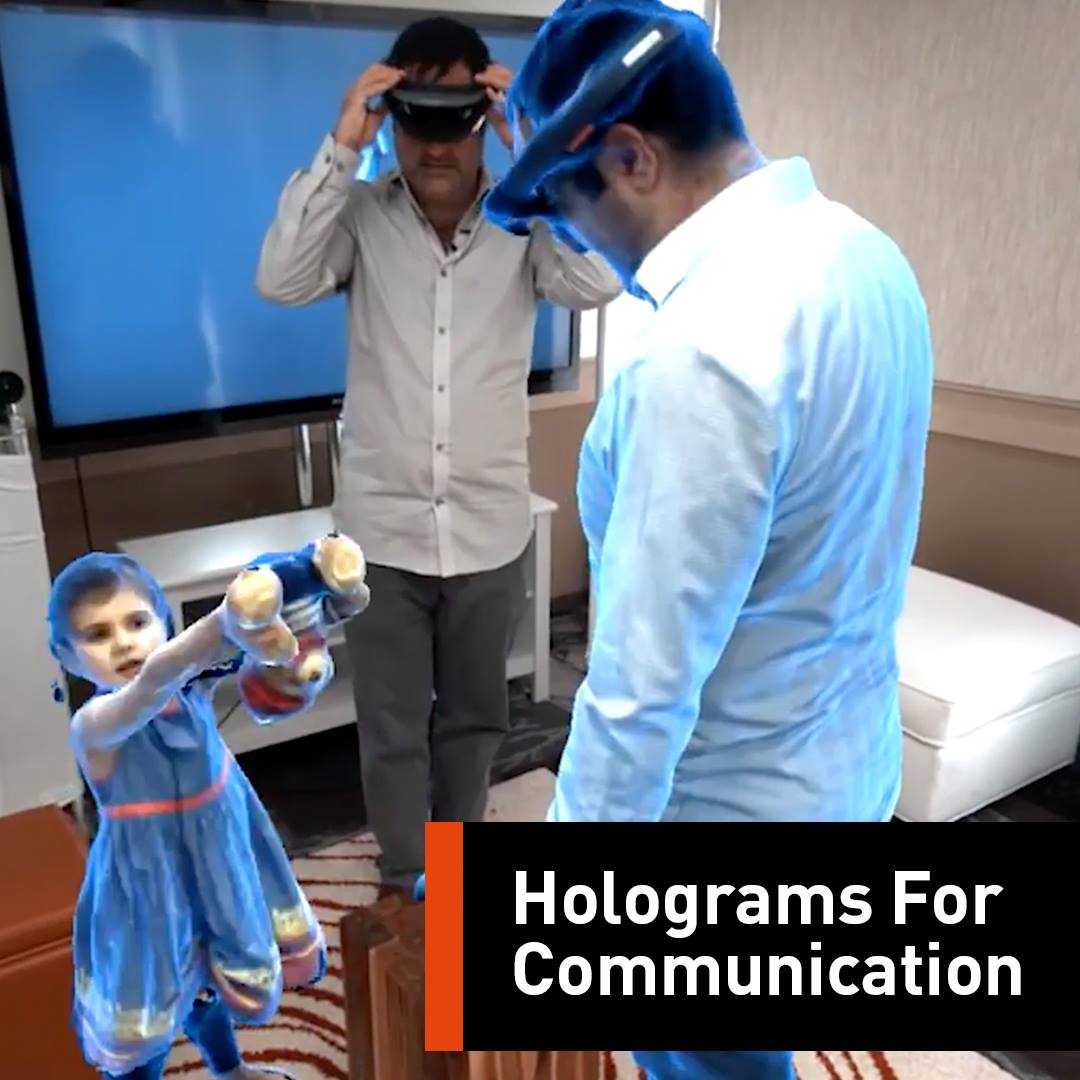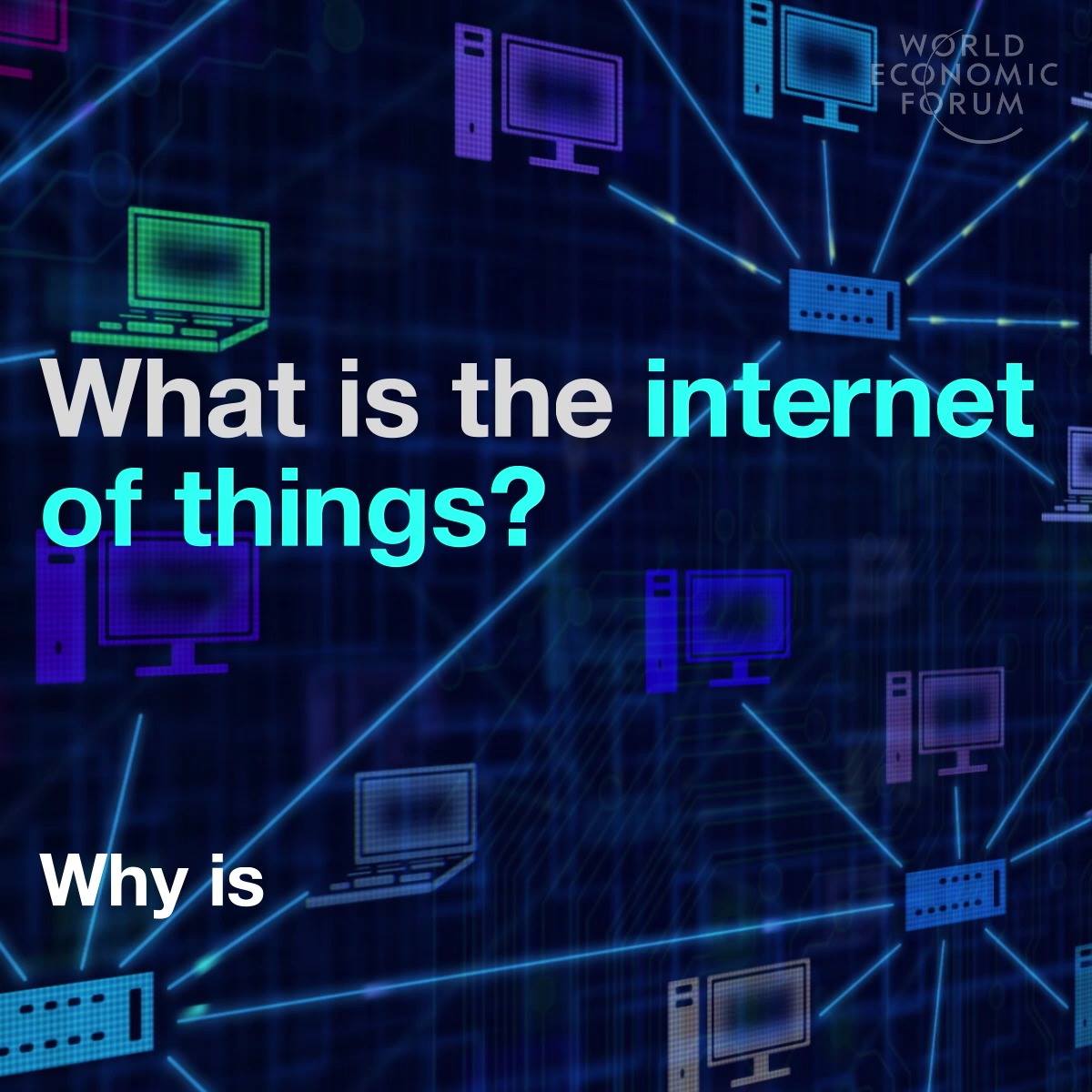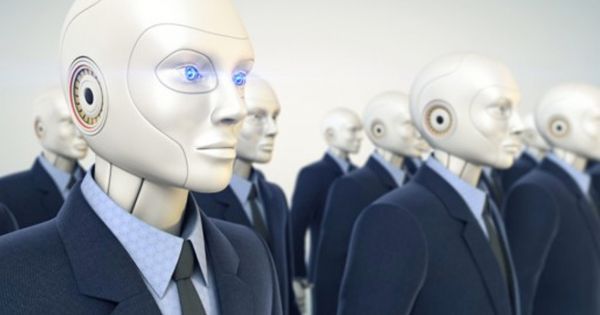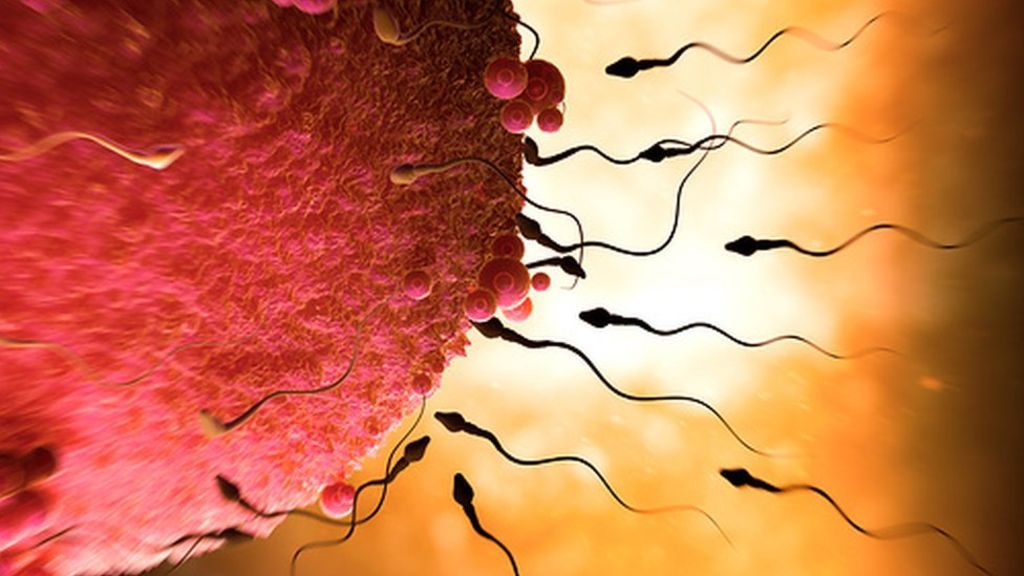Page 10616
Sep 14, 2016
This Company’s Business is Opening Up Government Data — By Paul Bennett | Techonomy
Posted by Odette Bohr Dienel in categories: big data, governance, government
“What do Boston, Mass., and Barcelona, Spain have in common with consumer internet platforms like Yelp and Zillow? They’re taking advantage of a growing open-data trend.”
Sep 14, 2016
Behind the wheel of Uber’s first self-driving car — The Verge
Posted by Odette Bohr Dienel in categories: robotics/AI, transportation
Tag: Uber
Sep 14, 2016
8 Takes on the Rise of AI and Its Implications
Posted by Elmar Arunov in categories: computing, information science, robotics/AI
In recent years, it’s been exciting watching advances in AI like IBM’s Watson smashing humans at Jeopardy and Google’s AlphaGo AI beating champions at the game of Go a decade earlier than expected. But the sophisticated algorithms under the hood are really the stars of the show.
These powerful computing systems are fundamentally changing industries and automating a growing number of day-to-day tasks. At the same time, AI still isn’t perfect, and we’ve seen hints of its potential dark side. Our algorithms are only as good as the data we feed them. And there’s been a spirited debate about existential dangers down the road.
Here’s a look into some of the topics leading the dialogue as AI technology evolves into its next generation.
Continue reading “8 Takes on the Rise of AI and Its Implications” »
Sep 14, 2016
The next generation of bots can respond to your mental state
Posted by Elmar Arunov in categories: computing, robotics/AI
SRI International, the Silicon Valley research lab where Apple’s virtual assistant Siri was born, is working on a new generation of virtual assistants that respond to users’ emotions.
As artificial-intelligence systems such as those from Amazon, Google, and Facebook increasingly pervade our lives, there is an ever greater need for the machines to understand not only the words we speak, but what we mean as well—and emotional cues can be valuable here (see “AI’s Language Problem”).
“[Humans] change our behavior in reaction to how whoever we are talking to is feeling or what we think they’re thinking,” says William Mark, who leads SRI International’s Information and Computing Sciences Division. “We want systems to be able to do the same thing.”
Continue reading “The next generation of bots can respond to your mental state” »
Sep 14, 2016
Work in the World of Tomorrow: AI to Replace 7% of Jobs by 2025
Posted by Elmar Arunov in categories: employment, neuroscience, robotics/AI
A new report asserts that, by 2025, jobs from the customer service, trucking, and taxi industries will be taken over by cognitive technologies. Yet, we will begin to truly feel the impact of this in just 5 years.
A report that was released by Forrester last month predicts that cognitive technologies will take over some 7% of jobs in the United States in less than a decade (by 2025). Notably, the report asserts that the trend will make itself felt five years from now.
“By 2021, a disruptive tidal wave will begin. Solutions powered by AI/cognitive technology will displace jobs, with the biggest impact felt in transportation, logistics, customer service, and consumer services,” says Forrester VP Brian Hopkins. Forrester estimates around 6% of jobs will be eliminated by as early as 2021.
Continue reading “Work in the World of Tomorrow: AI to Replace 7% of Jobs by 2025” »
Sep 14, 2016
Sho Nakanose — Hi there
Posted by Elmar Arunov in categories: robotics/AI, virtual reality
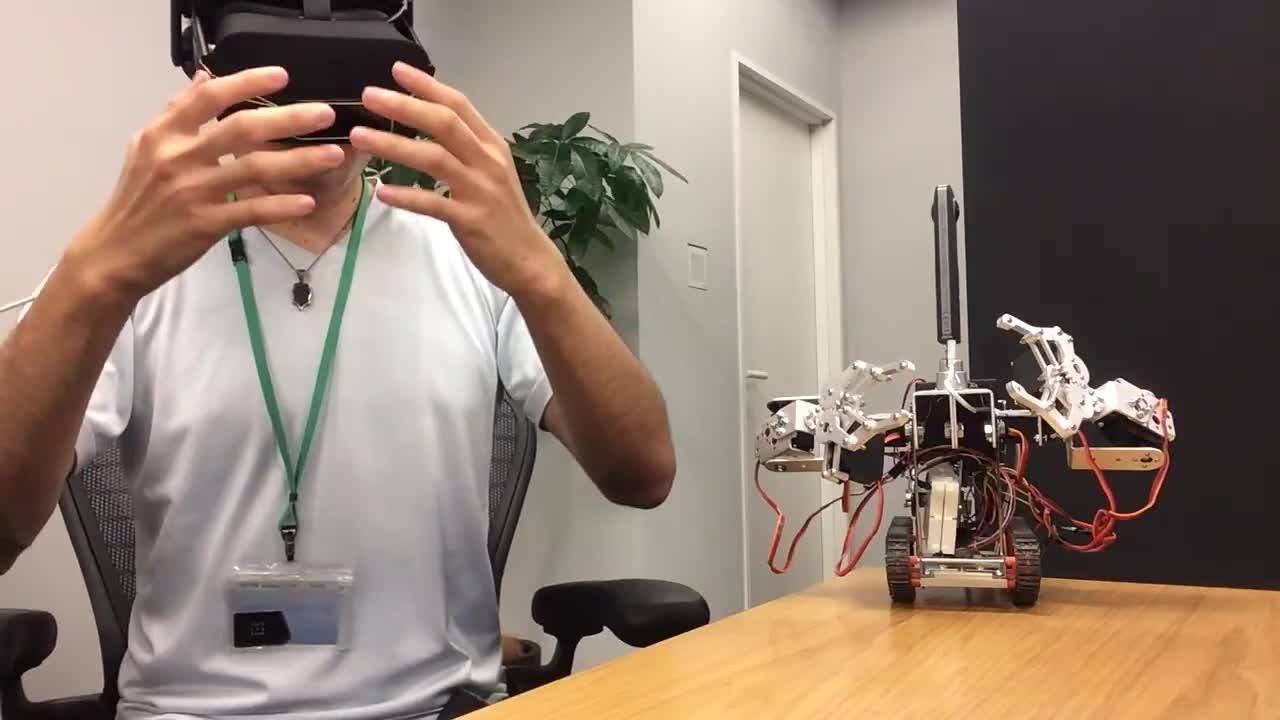
I’m developing the prototype of Telexistence Robot by using Virtual Reality and Robotics technology.
Sep 14, 2016
Making babies without eggs may be possible, say scientists
Posted by Shailesh Prasad in category: biotech/medical
Scientists say early experiments suggest it may one day be possible to make babies without using eggs.
They have succeeded in creating healthy baby mice by tricking sperm into believing they were fertilising normal eggs.
The findings in Nature Communications, could, in the distant future, mean women can be removed from the baby-making process, say the researchers.



